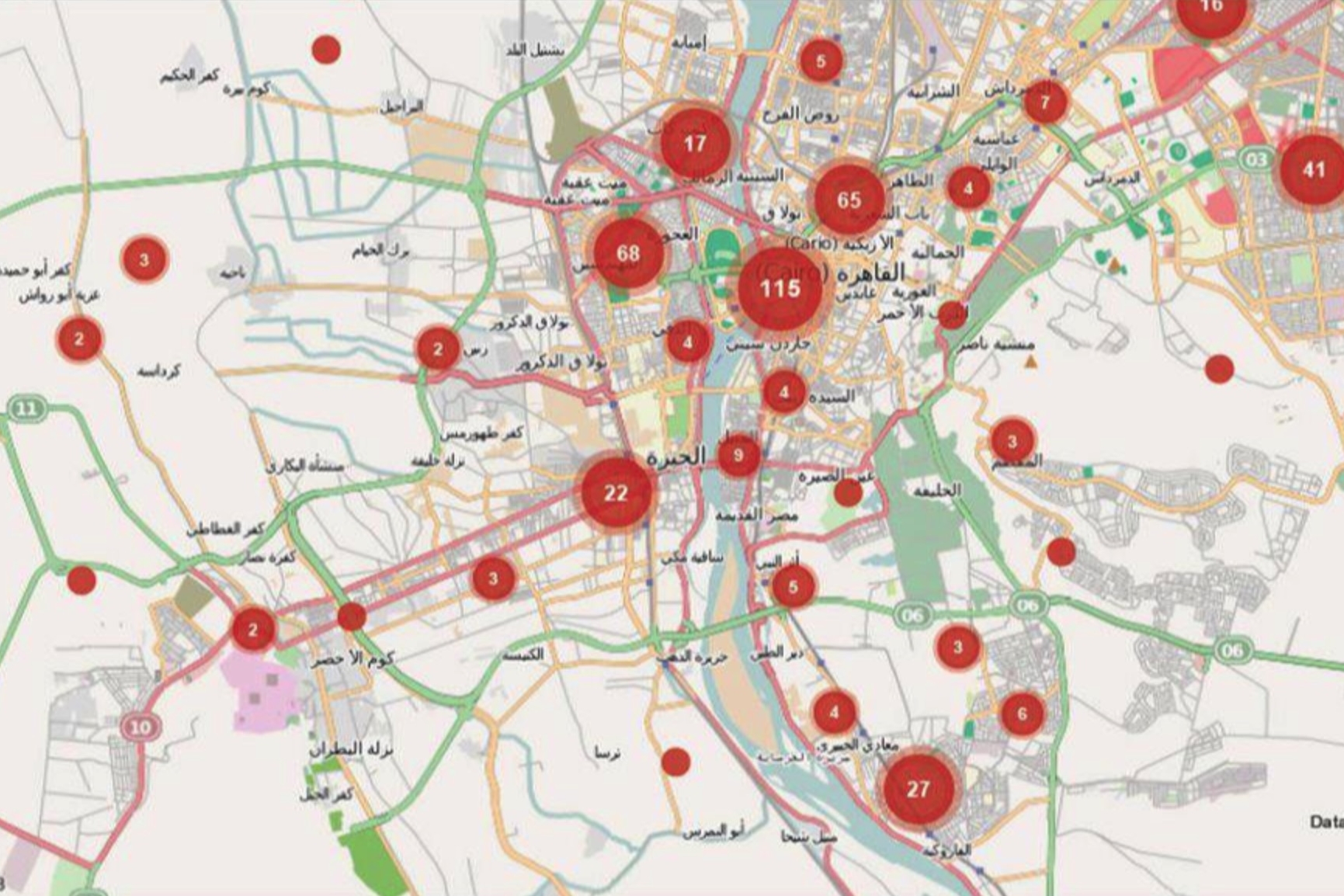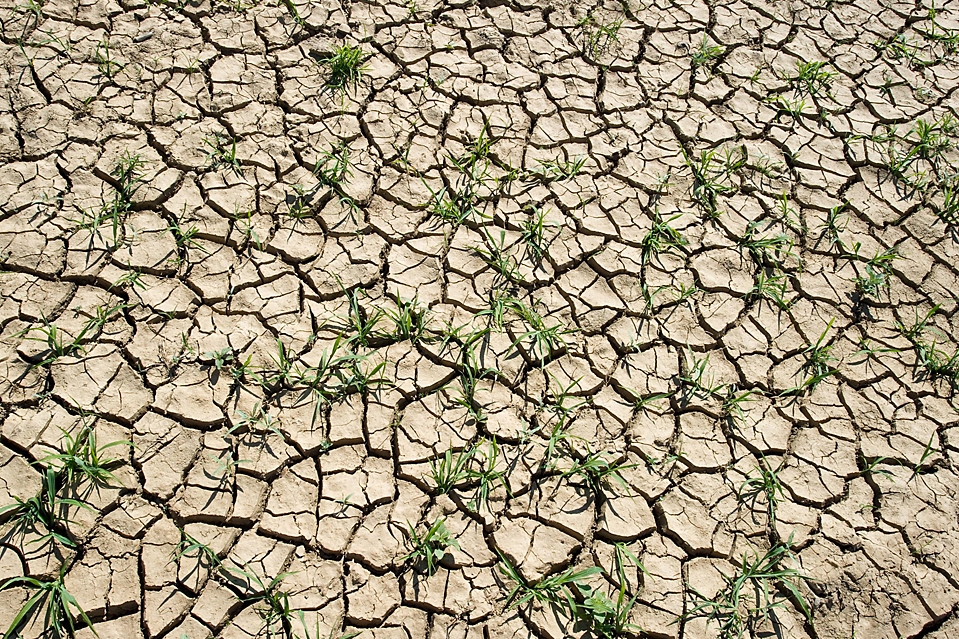recent publications
from Critical Security Studies.
Critical Security and Anthropology from the Middle East
Giulia El Dardiry, Sami Hermez.
Cultural Anthropology, VOL. 32 (5) 197-203 (2020)
This colloquy takes the Middle East region as a starting point from which to explore a contrapuntal concept of security that is subverted from its original meaning and captured from the state. The essays follow the lives of revolutionary youth, doctors, commodity traders, refugees, and spies to examine their experiences of (in)security. In doing so, the essays deploy storytelling and other ethnographic forms to think of the political economy, emotions, flows, and ethics of security from the perspective of those living-in-crisis.
The Making of IR in the Middle East: Critical Perspectives on
Scholarship and Teaching in the Region
Waleed Hazbun, Morten Valbjørn
American Political Science Association MENA Newsletter, Issue 5 (2018)
To what degree should the way IR scholars in the Arab region study and teach IR be shaped by their geopolitical location and relationship to IR in North American and Europe? On June 21st and 22nd, 2018, IR scholars from across the Middle East, North Africa, Europe, and North America met at a workshop in Beirut to debate these questions and ongoing efforts to make way for more voices from the region and scholarship about the region in global IR debates.
The Cartographic Ambiguities of HarassMap
Nicole Sunday Grove
Security Dialogue, Vol. 46(4) 345–364 (2015)
In December 2010, HarassMap was launched as a Cairo-based interactive online mapping interface for reporting and mapping incidents of sexual harassment anonymously and in real time, in Egypt. This article considers the project’s use of spatial information technologies for crowdmapping sexual harassment, and how it raises important questions about the use of crowdsourced mapping as a technique of global human security governance, as well as the techno-politics of interpreting and representing spaces of gendered security and insecurity in Egypt’s urban streetscape.
Towards a Beirut School of Critical Security Studies
Samer Abboud, Omar S. Dahi, Waleed Hazbun, Nicole S. Grove, Coralie Pison Hindawi, Jamil Mouawad, Sami Hermez
Critical Studies on Security, VOL. 6 (3) 273-295 (2018)
This collaborative work serves as a comprehensive overview of our continuous exploration of critical approaches to the study of security and global politics, with a particular focus on the Middle East and North Africa. We actively involve scholars from the region in our project, emphasizing three key components. First, we delve into the realm of decolonial pedagogy, drawing from our experiences in organizing a summer school on critical security studies in Beirut, covering West Asia, North Africa, and the Levant. Second, we expand upon the foundations laid by postcolonial international relations and critical security approaches. Third, we investigate the potential encroachment of security discourse into other academic disciplines. To wrap up, the article showcases individual author reflections, highlighting the diverse range of approaches within our project.
Climate Change and the Syrian Civil War Revisited
Jan Selby, Omar S. Dahi, Christiane Fröhlich, Mike Hulme
Political Geography, Vol. 61 (2017)
This article argues there is no clear and reliable evidence that anthropogenic climate change was a factor in Syria’s pre-civil war drought; that this drought did not cause anywhere near the scale of migration that is often alleged; and that there exists no solid evidence that drought migration pressures in Syria contributed to civil war onset. It finds the Syria case does not support ‘threat multiplier’ views of the impacts of climate change; to the contrary, we conclude policymakers, commentators and scholars alike should exercise far greater caution when drawing such linkages or when securitising climate change.




